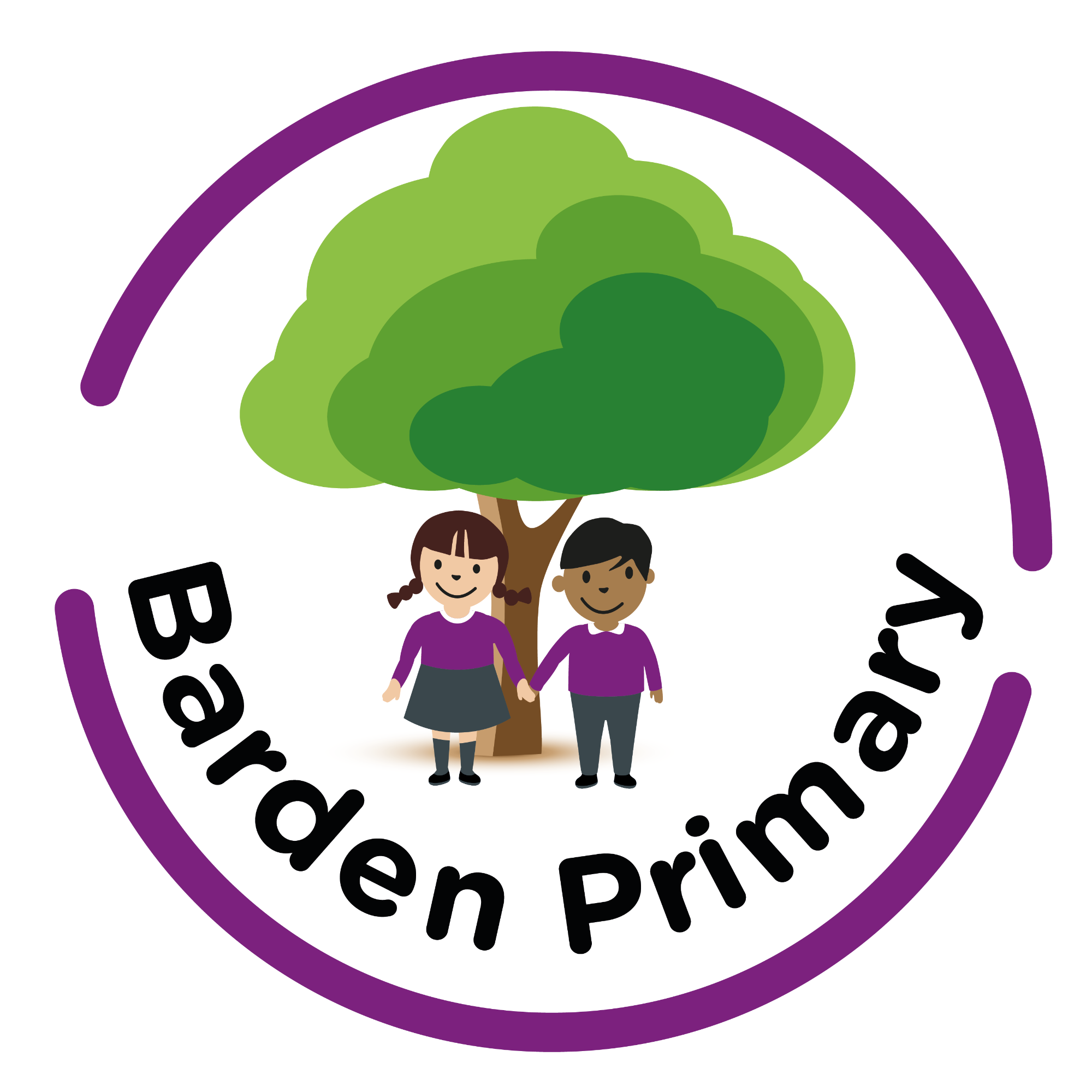Assessment
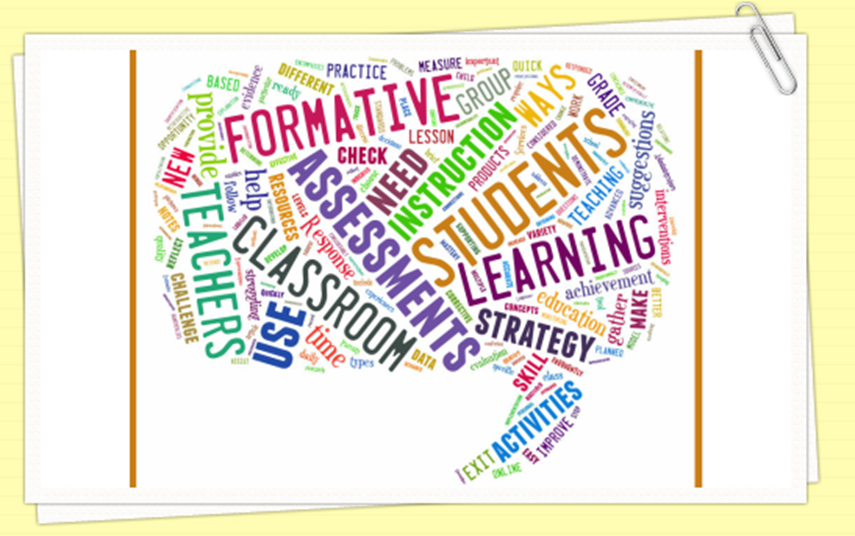
How we assess at Barden Primary School
Assessment at Barden Primary School involves a balanced approach that goes beyond tests. It is the measurement of performance at a given point and a way of gaining information to promote future learning. We believe that knowing what each child has achieved and what their next steps are is crucial to helping them succeed.
As a result of assessment, teachers are able to adapt their lessons and the curriculum to make sure they are fully meeting the children's needs. In order to find out this, we regularly assess the children.
This can take place through:
- Teachers sharing learning objectives with the children at the beginning of a lesson and highlight them during the lesson and in plenaries, using language that children understand. Referring children back to earlier learning objectives to demonstrate and review progress over time.
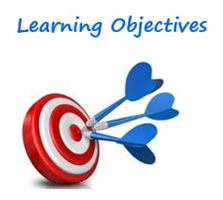
- Helping children to recognise the standards they are to achieve and have already achieved:
-
- Share and discuss children’s work, explaining how and why they have met the standards expected
- Give children clear success criteria that relate to the learning objectives
- Set clear and shared expectations about the presentation of work and model how this is to be achieved with examples to set out standards
- Display examples of children’s work-in-progress as part of a working wall
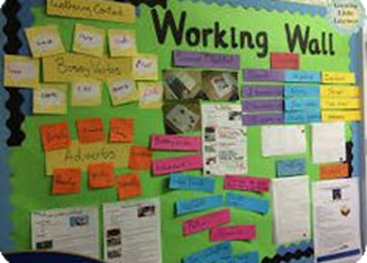
- Use a variety of AFL strategies (such as quizzes, pre and post learning tasks, retrieval activities, open and closed questioning) to understand individual strengths and areas needing improvement
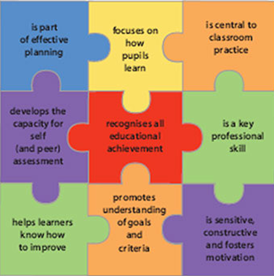
- Involve children in self-assessment and peer-assessment:
-
- Provide time for children to read teacher’s feedback and assess how successfully they carried out the tasks set
- Give children opportunities to talk in pairs or small groups about what they have learned, what they have found difficult and what they might do differently to improve
- Ask children to explain the steps in their thinking and justify their decisions and reasoning
- Model with children the language of assessment that they can use to review their own and their peer’s learning and to identify next steps in learning
- Establish a classroom ethos that enables a critical review of work to be undertaken that is seen as positive and not taken as any personal criticism.
- Engage the children in feedback through their responses to teacher’s comments and give children a short additional challenge to carry out that highlights what they have learned or what they need to correct.
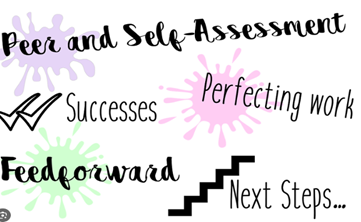
- We believe written and oral feedback fosters a supportive learning environment, encouraging children to take ownership of their own learning.

- Teachers effectively pick up on children who are falling behind and provide the necessary rapid interventions to help them succeed academically and personally.

At Barden Primary School, we ensure we use diverse learning styles and adapt assessment strategies accordingly, ensuring all our children get a chance to shine. We are not just measuring progress; we are fostering a love for learning that lasts a lifetime.

